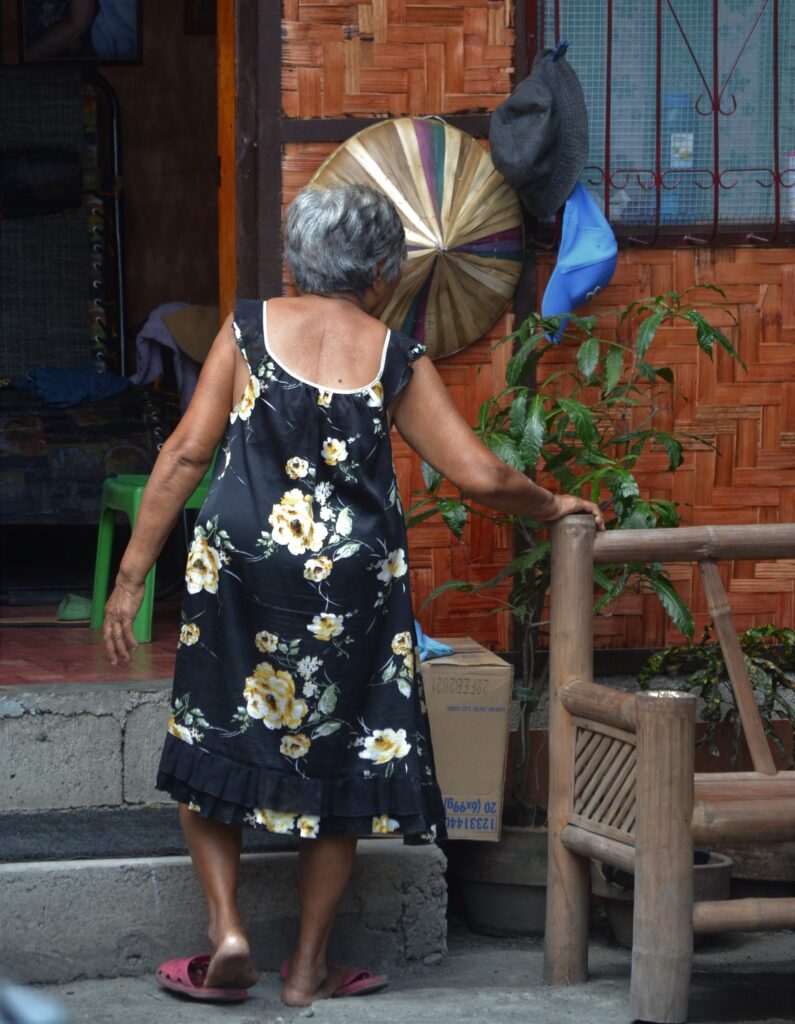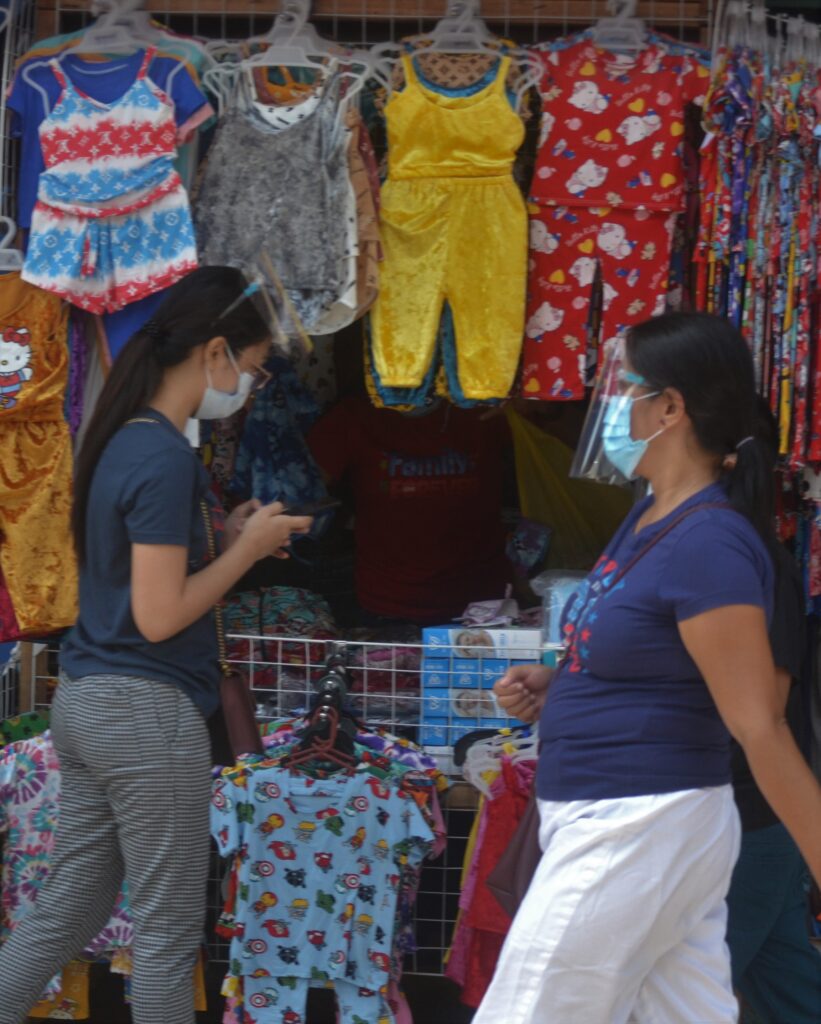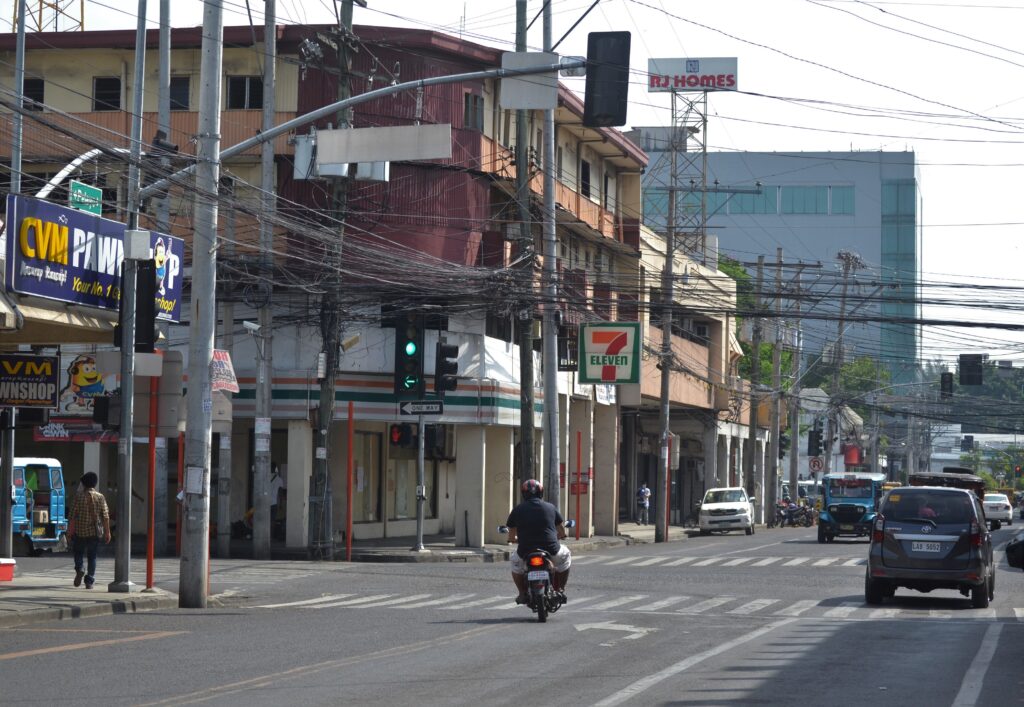Text and Photos by Henrylito D. Tacio
As the world is trying to contain the spread of the dreaded coronavirus disease 2019 (COVID-19) and possible vaccines are now on trial, there are other illnesses as dangerous as the pandemic itself also diffusing fast in the country. Depression and suicide are the two most apparent.
In fact, the National Center for Mental Health (NCMH) has already rung the alarm bells about the rising cases of depression and calls registered in suicide hotlines.
“As the government continues to prevent and treat the spread of COVID-19, a mental health pandemic is brewing,” pointed out Jacqueline De Guia during the marking of World Suicide Prevention Day last September 10.
“This problem is compounded by an increasing number of companies shifting towards work from home arrangements and the online delivery of classes,” De Guia said in a statement. “Certain individuals may feel overwhelmed unable to find balance or routine in their life.”
Records released by NCMH showed an increase in suicide-related calls of 33 monthly calls from January to March 2020, to 66 in April, 80 in May, 112 in June, and 115 in July.
“The importance of mental health initiatives is just as crucial as those for the COVID-19 pandemic,” said Health Secretary Francisco T. Duque III. “Now more than ever, we need to promote holistic health, where we are caring for the body, the mind, and even the spirit.”
Dr. Rabindra Abeyasinghe, the World Health Organization (WHO) representative in the Philippines, agrees. “I know how difficult it has been for Filipinos enduring the setbacks brought about by the COVID-19 pandemic and of the quarantine to prevent further transmission of COVID-19. Many people haven’t been able to work or have lost their jobs, some may have had difficulty going back to their home provinces or are impacted by the loss of loved ones or are separated from loved ones,” he says in a statement.
“This continues to be an especially stressful time,” Dr. Abeyasinghe continues. “Someone in your community, workplace, family or circle of friends, or even you may be feeling hopeless, isolated, and feeling they have no reason to live. We are not facing this alone. With compassion and understanding for others, we can recognize the signs and educate ourselves how to access help.”

This problem may continue as there’s no end of the pandemic insight yet. “Thinking of whether life will ever return to normal, and how one will survive amid the pandemic, are some of the questions making ordinary Filipinos very anxious,” said WHO in a statement.
Thus, Filipinos are urged to help those who are undergoing depression. “I want to tell our countrymen, first, it’s OK not to be OK. All of us experience that feeling now because of this situation, but we need the support of the family and the community,” said Health Undersecretary Rosario Vergeire in a press briefing held in Manila.
In its website, the WHO listed some ways how people could help those are experiencing the mental health problem:
· Let them know that you care about them and that they are not alone, empathize with them. You could say something like, “I can’t imagine how painful this is for you, but I would like to try to understand.”
· Be non-judgmental. Don’t criticize or blame them.
· Show that you are listening by repeating the information they have shared with you. This can also make sure that you have understood them properly.
· Ask about their reasons for living and dying and listen to their answers. Try to explore their reasons for living in more detail.
· Ask if they have felt like this before. If so, ask how their feelings changed last time.
· Reassure them they will not feel this way forever.
· Encourage them to focus on getting through the day rather than focusing on the future.
· Volunteer to assist them in finding professional help. If need be, offer to keep them company during their session with a licensed therapist.
· Follow up on any commitments that you agree to.
· Make sure someone is with them if they are in immediate danger.
· If you’re unsure about how to help, reach out to medical professionals for guidance.

Even before the COVID-19 pandemic, suicide is already recognized as a global health challenge. According to the United Nations health agency, someone loses their life to suicide every 40 seconds. In fact, close to 800,000 people die each year due to suicide. “For every suicide, there are many more people who attempt suicide every year,” WHO deplores.
The most common methods of suicide are hanging, pesticide self-poisoning, and firearms. “Around 20% of global suicides are due to pesticide self-poisoning, most of which occur in rural agricultural areas in low- and middle-income countries,” the WHO states.
Not too many know that more people die from suicide than from murder and war; it is the 13th leading cause of death worldwide, according to data released during the 2012 World Suicide Prevention Day.
The WHO says twenty people have a suicide attempt for every one fatal attempt, at a rate of approximately one every three seconds.
On average, three male suicides are reported for every female one, consistently across different age groups, and in almost every country in the world, a report stated.
“Conversely, rates of suicide attempts tend to be 2-3 times higher in women than in men, although the gender gap has harrowed in recent years,” the International Association for Suicide Prevention says.
In the Philippines, data from the health department showed 3.3 million Filipinos suffer from depressive disorders, with suicide rates in 2.5 males and 1.7 females per 100,000.
“Let us not judge those who have mental health issues,” DOH Undersecretary Eric Domingo was quoted as saying by state-owned Philippine News Agency. “Let us think that it is like hypertension and diabetes when we see someone with symptoms of depression.”
“Every death is a tragedy for family, friends and colleagues,” WHO Director-General, Dr. Tedros Adhanom Ghebreyesus reminds.

According to the UN health agency, many people thinking of taking their own life or who have attempted suicide are not seeking help because of the stigma attached to it.
“The prevention of suicide has not been adequately addressed due to a lack of awareness of suicide as a major public health problem and the taboo in many societies to openly discuss it,” the WHO says.
“Suicide is preventable,” Dr. Ghebreyesus says. “We call on all countries to incorporate proven suicide prevention strategies into national health and education programs in a sustainable way.”

